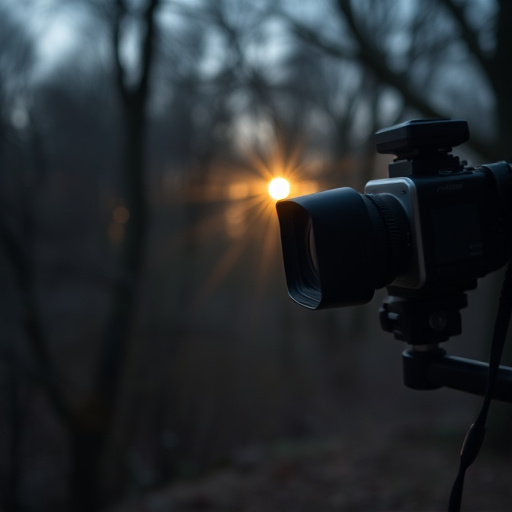Hidden Camera Laws by State vary widely, affecting privacy rights in rental properties. Landlords and tenants should understand these laws to avoid legal issues, with strict restrictions in some states and more permissive rules elsewhere. Awareness is crucial to prevent illegal surveillance, such as hidden cameras disguised as everyday items, which could lead to severe penalties and civil lawsuits.
“Uncovering hidden cameras in rental properties has become a growing concern for tenants and landlords alike, prompting us to explore the often-gray area of Hidden Camera Laws by State. This article delves into the legal landscape surrounding secret surveillance in residential spaces. We’ll uncover common hidden camera spots, examine state-specific regulations, and discuss the serious legal implications for those who install cameras without consent. By understanding these rules, tenants can protect their privacy, while landlords learn how to maintain a safe environment within legal boundaries.”
- Understanding Hidden Camera Laws by State
- Common Secret Surveillance Spots in Rentals
- Legal Implications of Unpermitted Cameras in Homes
Understanding Hidden Camera Laws by State
Knowing and understanding hidden camera laws by state is crucial for tenants and landlords alike when it comes to ensuring privacy rights. The legal landscape regarding secret surveillance in rental properties varies significantly from one state to another, reflecting diverse cultural and legal perspectives. Some states have stringent regulations that strictly limit the use of hidden cameras, while others offer more leeway to landlords under specific circumstances.
For instance, California has some of the most comprehensive privacy laws, making it illegal for landlords to install hidden cameras without explicit consent from tenants. Conversely, states like Texas and Florida have less stringent rules, allowing landlords greater flexibility in monitoring their properties. Landlords must stay informed about these Hidden Camera Laws by State to avoid legal repercussions and maintain a fair and transparent relationship with their tenants.
Common Secret Surveillance Spots in Rentals
In many rental properties, landlords may attempt to install hidden cameras for various reasons, raising concerns about privacy. Common secret surveillance spots include smoke detectors, fire alarms, and light switches—discreet locations that can capture footage of tenants’ activities within their homes. It’s important to note that Hidden Camera Laws by State vary widely, with some states explicitly prohibiting the installation of hidden cameras in rented properties without explicit consent from the tenant.
Tenants should be vigilant about these potential breaches of privacy and understand their rights under state law. Some landlords may also try to hide cameras in false fire alarms, electrical boxes, or even inside regular appliances like televisions. Being aware of these tactics can help tenants take precautions to protect their personal space and privacy.
Legal Implications of Unpermitted Cameras in Homes
The placement of hidden cameras in rental properties raises significant legal concerns, with implications varying greatly across different states. While some states have explicit laws prohibiting the installation of surveillance devices without tenant consent, others have more nuanced regulations that need close examination. It’s crucial for property owners and managers to understand Hidden Camera Laws by State before considering such measures.
Non-consensual surveillance can lead to severe legal repercussions, including charges of invasion of privacy, a breach of lease agreements, and potential financial compensation claims from aggrieved tenants. Even seemingly innocuous hidden cameras in common areas or rental units could be illegal, subjecting the property owner to civil lawsuits and even criminal charges depending on local statutes.
Understanding and adhering to hidden camera laws by state is essential for tenants and landlords alike to ensure privacy rights are respected. Being aware of common secret surveillance spots in rental properties can help identify potential violations, but it’s also crucial to consider the legal implications of unpermitted cameras in homes. By staying informed about these issues, individuals can protect their personal spaces and maintain a safe environment.
